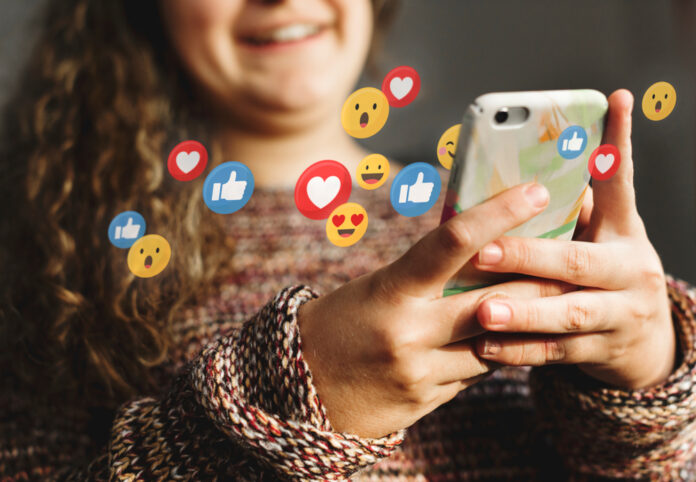Social Media & Your Teen’s Mental Health
By Sara Mahdawi, Clinical Psychologist
Social media is all fun and games until we start to see a link between mental health disorders and social media use.
The positive aspects of social media for teens include finding community and support for shared activities and interests, exploring and self-expression and staying connected to friends. But if parents do not help their teens with responsible social media use, the negative aspects can overrule the positive ones.
Fear of missing out
It’s not a secret that excessive social media use can cause depression and anxiety, especially when teens start comparing themselves to other users. Teens can also form anxiety from the “fear of missing out” (FOMO), where they are constantly exposed to pictures of their friends at events or engaged in activities without them.
Sleep disturbances
Spending excessive time on social media can disrupt sleep patterns, affecting sleep quality. Light sources, such as telephone screens, can interfere with sleep. Melatonin is a hormone that promotes feelings of sleepiness and blue light (emitted by electronics) suppresses the production of melatonin.
Body image
Teens are also at higher risk of developing a negative body image from constantly comparing themselves to false and hard-to-change ideas on social media about beauty standards. It can lead to eating-related disorders, anxiety and body dysmorphia (a mental health condition where a person spends a lot of time worrying about flaws in their appearance).
Social media addiction
Similar to drug addiction, the content on social media platforms and notifications can trigger the release of the pleasure chemical “dopamine”, which may explain why some people report feeling addicted to these platforms.
Also, social media algorithms can lead to addiction as teens and children get pulled in, then kept on by showing content they’ll likely to respond to, even if dangerous or extreme than what they first searched for or simply not age-appropriate. After an hour or two on social media, algorithms are the main thing that’s choosing what you’re focusing on.
One of the characteristic signs of addiction is continuing to use something even after it has negatively impacted your mental and physical health, relationships, school, work or other vital areas of life. The more you notice changes in your child’s behaviour and psychological symptoms (sleeping difficulties, anxiety, depression, negative body image, FOMO or exhibiting withdrawal symptoms when they are off the Internet), the higher the possibility they have developed an addiction to social media platforms.
Children manifest screen addiction through:
- Loss of interest in other activities
- Becoming angry or frustrated when they’re away from their digital devices
- Exhibiting speech delay and poor social skills
- The screen becomes their mood booster
Tips for parents
As scary as the adverse mental health outcomes of social media sound, social media platforms have succeeded in becoming a vital aspect of our lives. Here’s what you can do for and with your teen to help safeguard their health and wellbeing:
- Setting a time limit on social media: Setting a time limit on social media, such as an hour a day, will allow connecting with others on social media while preventing it from becoming a time-consuming To help with this, you can turn to apps such as FamiSafe, AirDroid, Qustodio, unGlueand Kidslox
- Creating phone-free rituals: Create your own family rituals when there are specific days or events where phones are not allowed to be used for all family members (except for emergencies). This will help show your teenager that real-life relationships are more important than scrolling through their newsfeed
- Encouraging real-life relationships: Social media has made it easy to talk to anyone, anytime, with just a tap on our smartphones. It makes perfect sense that people don’t want to go through the hassle of making plans, getting ready, and going out, but interactions on social media cannot substitute our brain’s need for face-to-face interactions
- Installing website blockers: These web-browsing applications allow you to choose sites or applications your child or teen can use. You will also find blockers that restrict access to certain times of the day and days of the week. Net Nanny has about 20 filter categories to help you quickly restrict access to websites about pornography, drugs and alcohol and more. It also has a profanity blocker that keeps your child from seeing swear words on websites and prevents typing profane words into search fields and chat messages.
You can contact Sara Mahdawi at [email protected]






